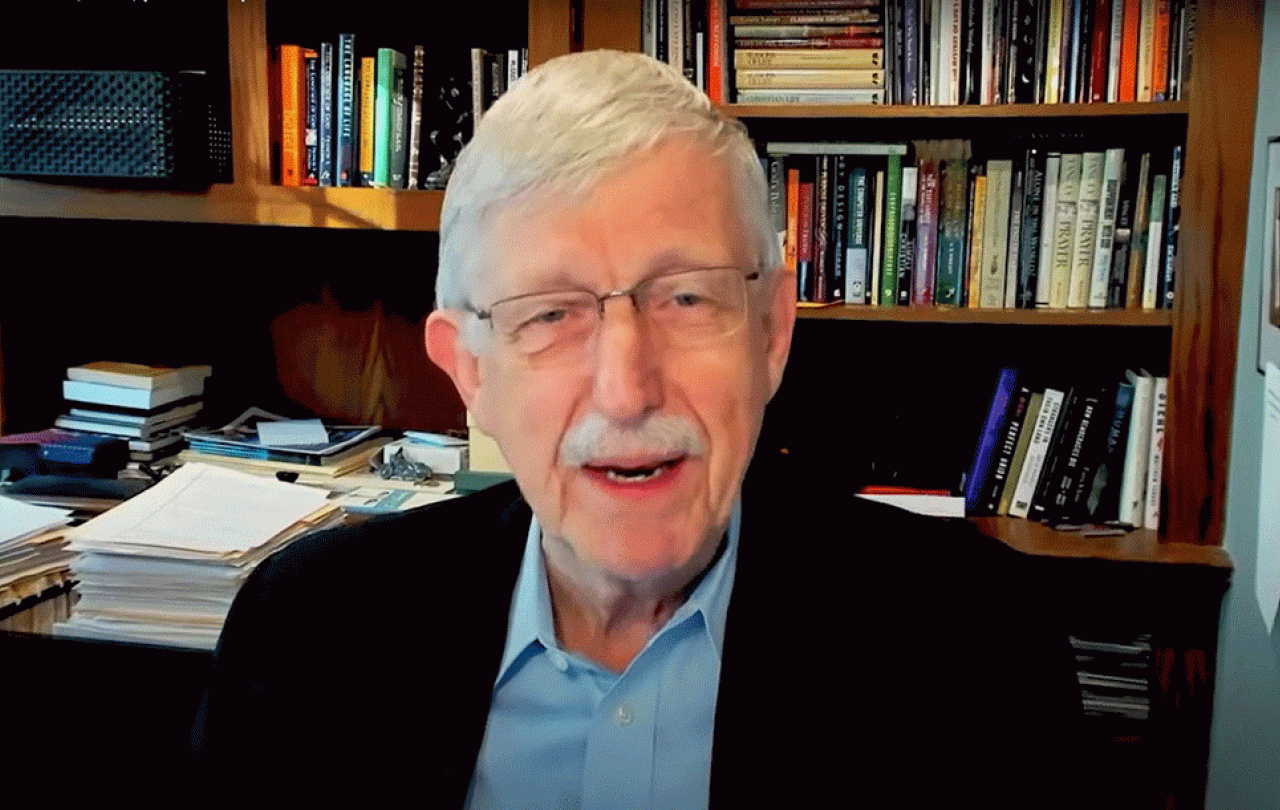
It was 9.38pm and I was in the library connected to Pusey House, the Anglo-Catholic Chaplaincy where I have done much of my work over the last five years, when I submitted my pitch to write on ‘work-life balance’.
‘Work-life balance’ has been up for debate recently after British businessman and investor James Watt, co-founder of BrewDog, posted a video on Instagram in which he claimed that the ‘whole concept’ was ‘invented by people who hate the job that they do.’ He went on, ‘if you love what you do, you don’t need work-life balance, you need work-life integration’. Unsurprisingly, trade unions and large swathes of the population who are not multi-million entrepreneurs disagree.
For the record, I am not a multi-millionaire entrepreneur either. Yet I should say, I disagree too, even though lately I have taken on more paid work than I have ever taken on before – possibly, too much – and I am attracted by the notion that work and life should come together in some sense. In my life, they do. And the very fact that I pitched this piece late into the evening, having tended to several competing work commitments throughout the day, and feeling rather tired all told, would suggest that I am out-of-the-running to write a worthy-read about work-life balance traditionally conceived.
I also love what I do. I am in public service.
Nevertheless, I am uneasy about James Watt’s notion of work-life integration, and I certainly object to being told by him what I ‘need’ to thrive. Work-life integration is surely problematic if it suggests that they should be completely blended such that neither work nor leisure are afforded their proper place and given proper parameters. Watt is engaged to be married and, I would suggest, the right relationship between work and life-outside-of-work ought to be more like a marriage in which each is respected and persons involved are lifted onto an altogether higher plain.
Some boundaries are crossed in this process. Others remain. Life is not lost but changed.
This is why I do not work on Sundays. Sunday reminds me that work is surely an opportunity to go out to shape the world around us, serve it, or to ‘subdue it’ (to use a Biblical phrase). However, to subdue the earth is like as to tend the garden, in which we learn to restrain ourselves to produce greater bounty (life). The first man and woman were told by God, it is said, to ‘be fruitful and multiply’. So, multiplication – or integration – is not enough. And relatedly, there are some fruits in the Garden of Eden, in the story, which God tells Adam and Eve emphatically not to eat. Most fruit trees bear more fruit than they can support. They need to be pruned. So too do our working lives from time-to-time. Work-life balance matters in this sense.
Life-work balance, however, may be a more helpful phrase in so far as the ideal life entails work; work is not a distraction from it if approached in the right manner. In the twentieth century, two Christians I admire thought as much. C. S. Lewis wrote, ‘For most men Saturday afternoon is a free time, but I have an invalid old lady to look after [at home]’, a lady called Mrs Moore. He described himself as ‘Nurse, Kennel-maid, Wood-cutter, Butler, Housemaid, and Secretary all in one’. However, C. S. Lewis also wrote that ‘The great thing, if one can, is to stop regarding all the unpleasant things’, the work, ‘as interruptions of one’s “own” or “real” life.’ They nourish it. They change it for the better.
That “great thing” requires serious effort, make no mistake. The writer Thomas Merton made a distinction between a contemplative life and a life of work and wrote this:
“When I speak of the contemplative life [...] I am talking about a special dimension of inner discipline and experience, a certain integrity and fullness of personal development, which are not compatible with a purely external, alienated, busy-busy existence. This does not mean that they are incompatible with action, with creative work, with dedicated love. On the contrary, these all go together.
They go together, but not in the way that Watt would have it because a busy-busy existence is exhausting, not fruitful. A life-work balance is. Life and work in this equation are not multiplied but respected as each offering our souls something they need: the opportunity to be loved and to love in how we engage with the world around us.
I was glad to have an opportunity to reflect on this, however late in the day.
Hating one’s job is certainly not a requisite for understanding this. If anything, I would suggest, it was invented by people, formed by Christian values, in the nineteenth-century who hated the common life they saw around them and went out their way to protect fellow men, women, and children from overwork.
The concept of work-life balance, or life-work balance, rightly conceived, goes to the very fibre of our being, and I for one think that it should stay.
Join with us - Behind the Seen
Seen & Unseen is free for everyone and is made possible through the generosity of our amazing community of supporters.
If you’re enjoying Seen & Unseen, would you consider making a gift towards our work?
Alongside other benefits (book discounts etc.), you’ll receive an extra fortnightly email from me sharing what I’m reading and my reflections on the ideas that are shaping our times.
Graham Tomlin
Editor-in-Chief





